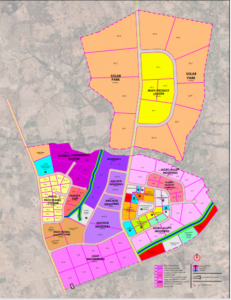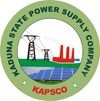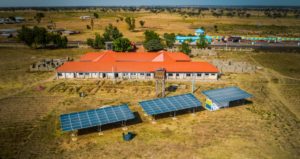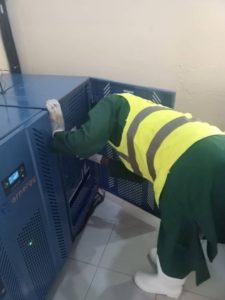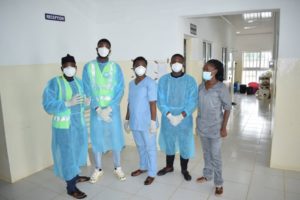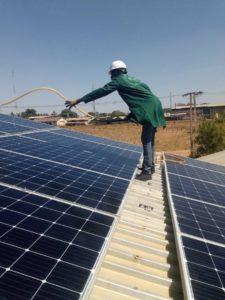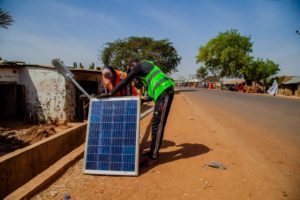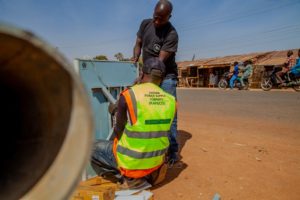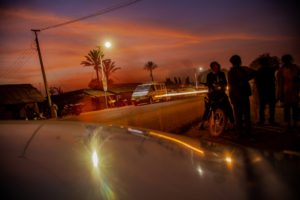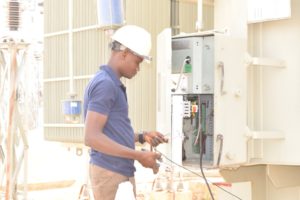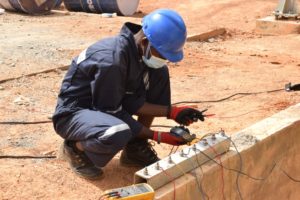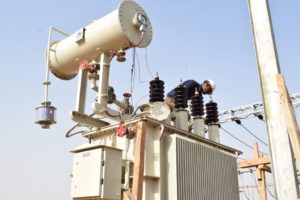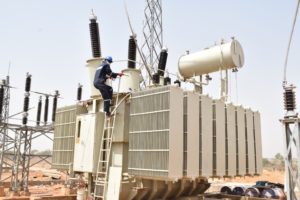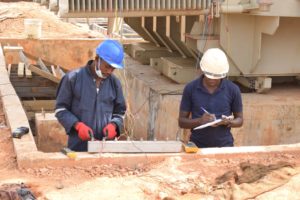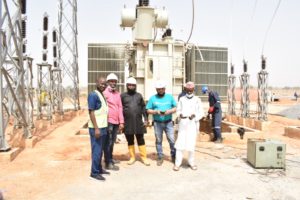Kaduna Solar For Health
In its first and second phases, the Kaduna Solar for Health Program has installed 2.3MW of Solar to increase access to healthcare for over 233,000 people annually across the state.
The Kaduna Solar for Health program began in 2015 with the goal of improving access to healthcare by delivering sustainable, uninterrupted power supply to Primary Healthcare Centers (PHC) and Maternity Health Clinics across all Local Government Areas (LGA) in Kaduna State. Over time, the scope of the project expanded to include rural isolated General Hospitals across 255 wards in Kaduna State.
The Objectives of the Kaduna Solar for Health program are:
- To increase access to healthcare
- To ensure 1 hospital in every ward and LGA has access to reliable power 24hrs/day
- To Eradicate petrol and diesel generators which cause noise and pollute the environment with toxic waste such as CO, that can lead to serious Environmental and Health issues.
- To increase efficiency and make hospitals more cost-effective, saving energy by 58%.
The impacts of the above targets include:
- Increased patronage of in-patient visits
- Improved security in the PHCs
- Enhanced night-time health care delivery.
The Kaduna Solar for Health program has benefited and obtained support from various stakeholders, donor agencies, and the Federal Government of Nigeria because of the clear timelines set and realistic goals that have been attained.
In the third phase, an additional 1.3MW of solar system is to be installed across 255 wards in Kaduna State. In November 2020, Kaduna was recognized as the leading Statein Nigeria for Solar for Health by the Good Governance Group.
Covid 19 Response
“Given the essentiality of power in every sphere of society, and its pertinent need in the face of the COVID-19 pandemic, KAPSCO was able to play a key role in supporting the efforts of the Kaduna State Government in curbing the spread of the virus in the state.
Through collaborative efforts with Arnergy Power Solutions, All-on and Rotary club of Kaduna, we were able to provide two 5kVA solar systems to the Infectious Disease Control center (IDCC) in Kakuri. In doing this, we were able to help provide constant power to the facility for critical medical equipment such as the Ventilators.
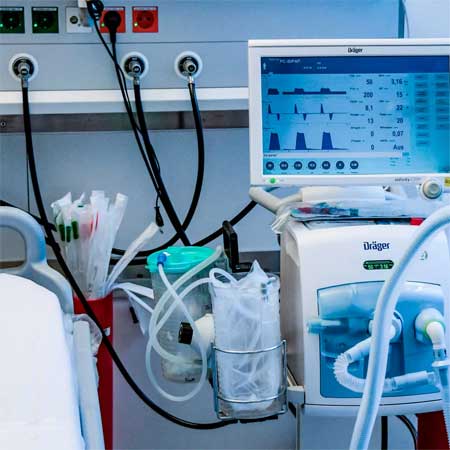
Also, the IDCC had not been connected to the National grid prior to March 2020. However, we were able to secure a donation of a 100kVA transformer from our Partners – skipper Nigeria Ltd to connect the IDCC to the National grid.
We also worked with the Ministry of Health and the Kaduna State Facility Management Agency to secure and install a bigger generator at the IDCC to serve as back up source of power. We left no stone unturned in ensuring that power was provided to the center.
KAPSCO worked with Kaduna Electricity Distribution Company to reconnect the isolation center at Hamdala motel. The motel had been disconnected by Kaduna Electric, but upon its usage as an isolation centre for those infected by the virus, we ensured that they would not be without power.
Rural Lighting Initiative:
What started out as the Rural Lighting Initiative has expanded to include peri-urban locations, markets, motor parks and areas that boost night-time socio-economic activities.
The Rural Lighting Initiative under the Kaduna Power Project has plans to install 1,382 solar-powered streetlights. Locations are carefully selected using the following criteria as a guide:
Priority 1: Improving Healthcare; By installing functional streetlights on up to 1km of road leading to a model Primary Healthcare Center (PHC) in each LGA, we can ensure safety and ease of finding the PHC at night. Coupled with the solar systems that will be installed to power the PHC, the streetlights will help improve quality of healthcare delivery across Kaduna.
Priority 2: Night-time Economy; By installing lights in Night markets, Social hubs, Entertainment Centers and Transportation hubs/parks/garages.
Priority 3: Roads with High Volume of Traffic i.e., state-owned roads of various classes that have high vehicular and pedestrian traffic in the early mornings or at night.
Over 700 streetlights have been installed illuminating 21 km of roads in Kaduna State.
Power Infrastructure for the Green Economic Zone (GEZ):
With the dedicated power infrastructure already under construction, the Green Economic Zone is poised to serve Agro-allied industries, light engineering, electronic assembly, anchor industries, food processing clusters and fashion parks. The GEZ substation is being built according to Transmission Company of Nigeria (TCN) and International Electrotechnical Commission (IEC) standards.
The zone is a hybrid zone as power will be generated from both TCN and Solar Systems to power the zone. Furthermore, a method of Underground Distribution Networks will be used to distribute power to the end users.
